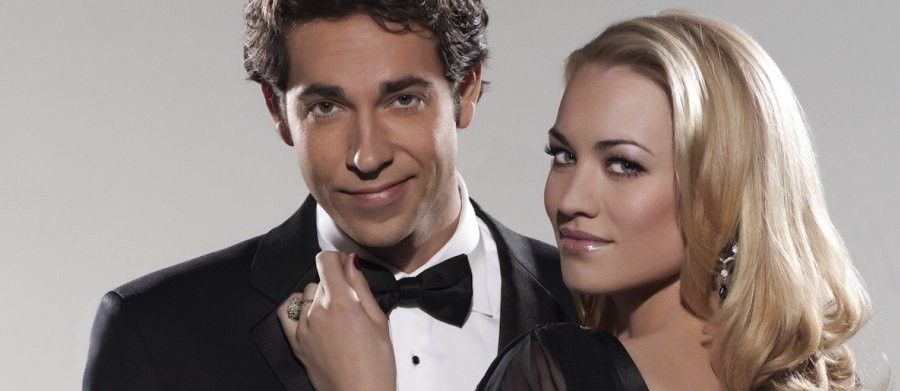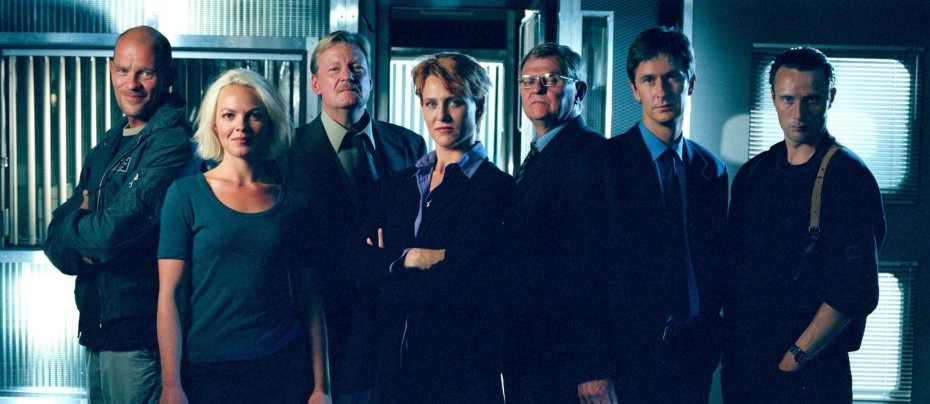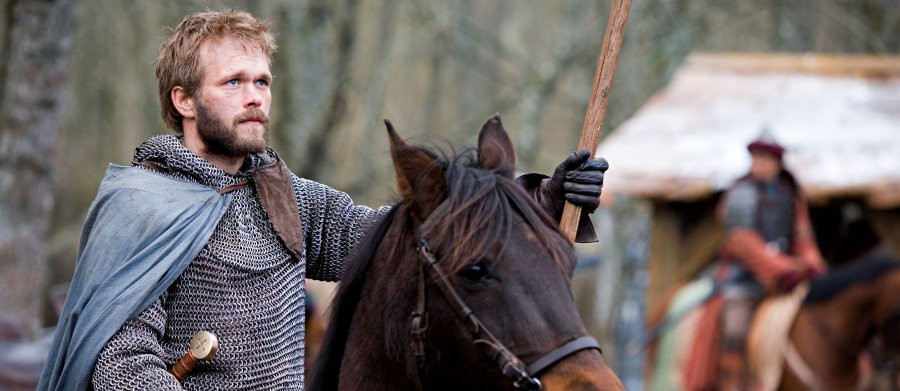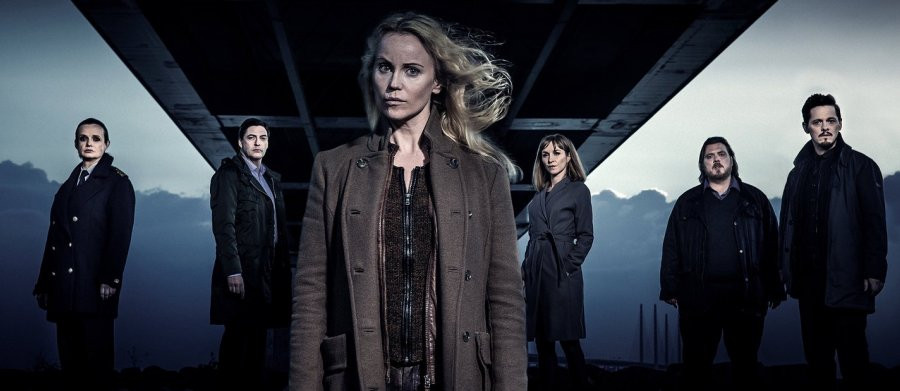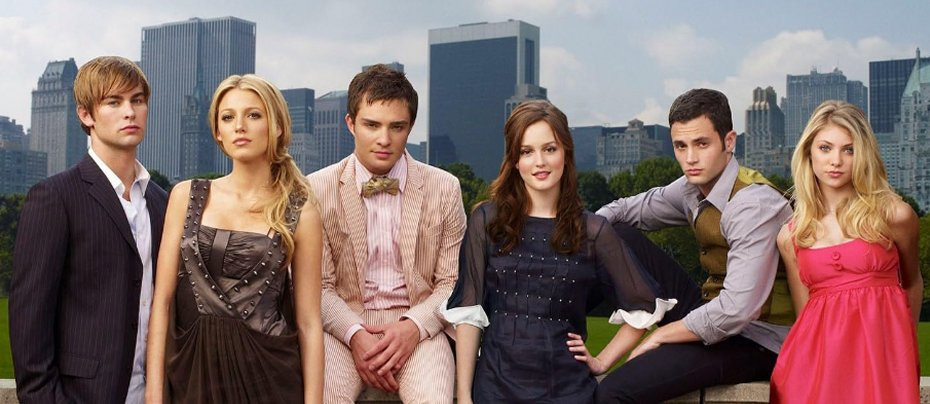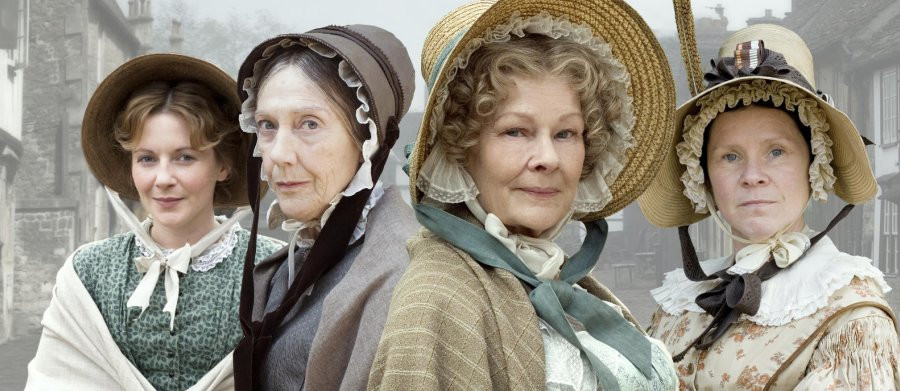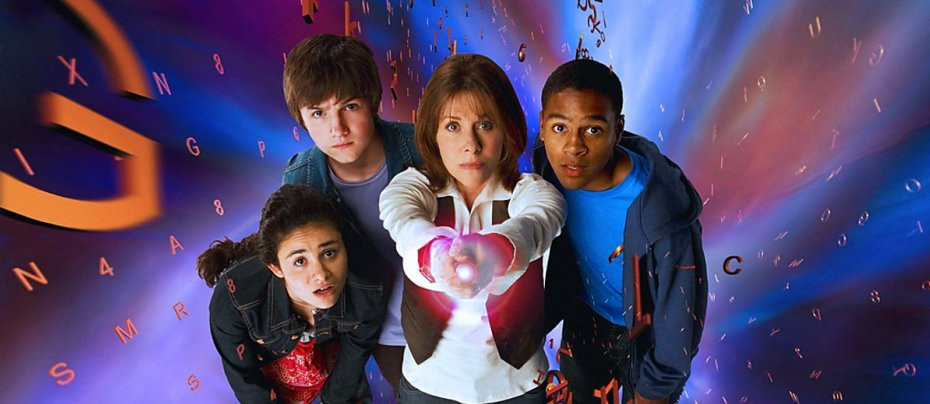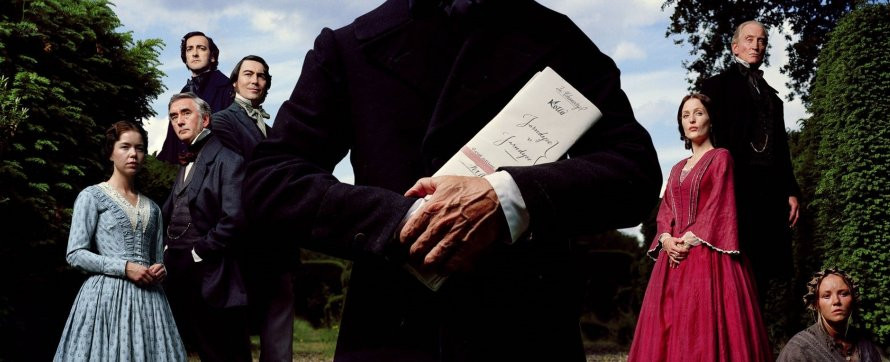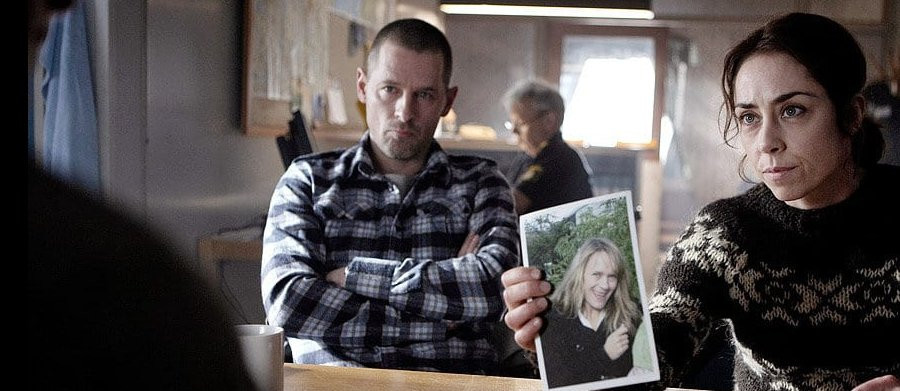
The Killing / Forbrydelsen
2007 - DenmarkIf there was any advance publicity for the most successful Scandinavian invasion of the British Isles since the Vikings, no one noticed it. Most television guides had only a single line, The Killing, or perhaps 'The Killing: Danish crime drama. Subtitled.' This did not exactly sound enticing back in 2011.
Being honest, most of us who happened to watch the first double episode on BBC4 probably did so by accident, or by default because there was nothing else on. We can claim no credit for it, or for what followed. We just happened to be the first ones addicted. Word of mouth, or internet, did the rest. By about the end of the sixth episode, it seemed everyone was talking about it. Since few had watched that first showing, The Killing may be said to have established the BBC 'i-Player' as a major cultural medium in its own right.
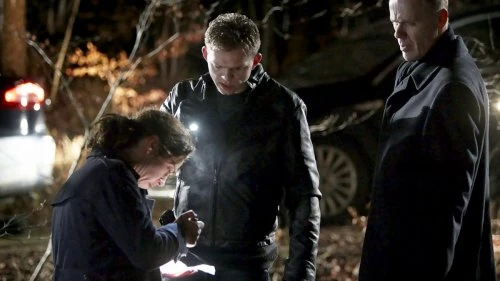
It is difficult to overstate its influence. Although it did not begin the British fascination with "Nordic Noir," it was The Killing that really started putting it on the front pages. It also established the image of Denmark as a producer of high quality television, especially when it was followed up by the political thriller Borgen, which featured several of the same actors.
Above all, it opened the eyes of British audiences to the best of subtitled European television drama in general. For decades they had been looking West to America. If they knew anything of production immediately to the East, it was probably only from vague memories of dubbed shows shown on children's television in the 1960s and 70s. Those who had travelled on the Continent knew that their television was pretty naff, the only watchable bits being dubbed imports from Britain and the USA. The local productions looked amateurish by comparison.
Most were unaware that a quiet revolution had been taking place, as a new generation of European writers and producers had been studying the best of those American and British imports to find out how they worked. The sophistication of The Killing - which owed a great deal to the American Murder One - therefore came as a great shock even those Britons who fancied themselves cosmopolitan. Immediately they began to wonder what else might be out there.
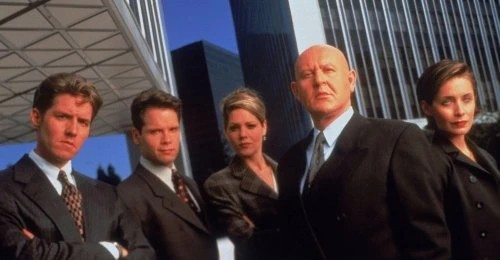
The appetite for similar shows prompted BBC4 to start buying in bulk. What they bought was of variable quality, but the best included the deliciously seedy Spiral from France and the seductive Inspector Montalbano from Italy. Meanwhile, Channel 4 launched its eclectic 'Walter Presents' collection, of which Deutschland 83 was a particular highlight.
Many viewers had not watched stuff with subtitles before - and finding it easier than they had imagined made them feel quite sophisticated.
Compared with what followed, The Killing now seems relatively straightforward. Like Murder One, it follows a single homicide case - subject to considerable complications - from start to finish. What makes it different from the normal American police procedural is its interest in the impact of the crime on all the parties involved in the investigation - the victim's family, the suspects, the investigators, even the community as a whole, or at least its political leaders.
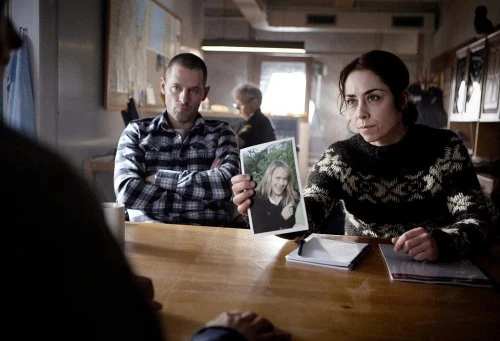
Its original Danish title is best translated as "the offence," which is perhaps a more accurate description, because it is less about the killing than about how the killing disrupts a number of lives. It is an offence in that it is an assault on the assumptions of civilised existence. Being Scandinavian, The Killing dives deep into the psychological, but also the social and the political.
It was this added political dimension that really made The Killing, as well as stirring up an odd taste for Danish politics among British viewers that was to be satiated by Borgen. The background to the first season was a municipal election, which turned out to be almost as thrilling as the actual murder investigation. Honestly. In order to "up the stakes," the second season involved ministerial intrigues at national level, while the third and final season went one higher to multinational corporate conspiracy with the Prime Minister of Denmark caught in the middle.
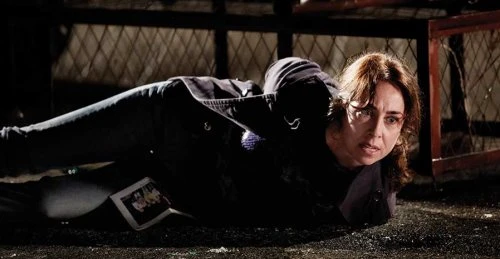
What was particularly attractive to British viewers in the way this was presented was the subtle blend of the familiar and the unfamiliar. Some of the characters were recognisable as the same types one encounters everywhere, both on television and in real life, but there were slight cultural differences in the way they interacted that gave the whole thing a slightly exotic feel to it.
This is summed up by the protagonist, Sarah Lund (Sofie Grabol). She is like no British or American detective, real or fictional. When we first meet her, she is - appropriately for the leader of a new Scandinavian invasion - wearing a Viking helmet. It is the last vaguely humorous thing she ever does.
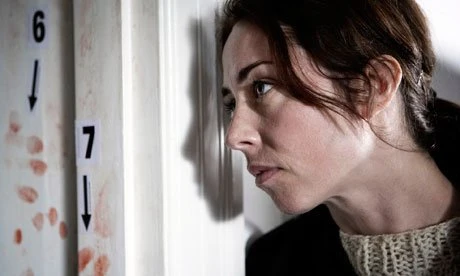
Even by the standards of Scandinavian stereotypes, Sarah is serious. Very serious. Indeed, it is perhaps surprising that even a people as famously liberal and tolerant as the Danes would let someone as far along the autism spectrum as Sarah have a badge and a gun.
It may be that they did so because Sarah is, like many others with mild autism, extremely good at processing information. This actually gives a realistic foundation to her being that old cliche, "the detective who solves cases no one else can solve." It is a pretext that has been much copied since then.
She still takes her time over solving them - twenty episodes in the first season, ten in each of the next two - but only because she is hampered by the usual false leads, uncooperative witnesses, unhelpful superiors, and, more than usual, political interference.
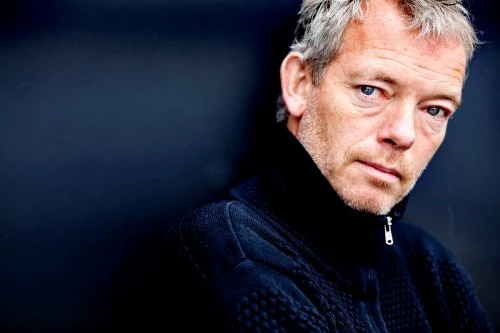
Nor are her partners much of an asset. You really do not want to be Sarah's partner. It is not even much of a protection to be played by a recognisable actor like Mikael Birkkjaer from Borgen or Soren Malling from, well, practically everything that has ever come out of Denmark (one can only surmise that Danes were so shocked by Malling's unexpected early departure in The Killing that they made it illegal to film anything without him in it).
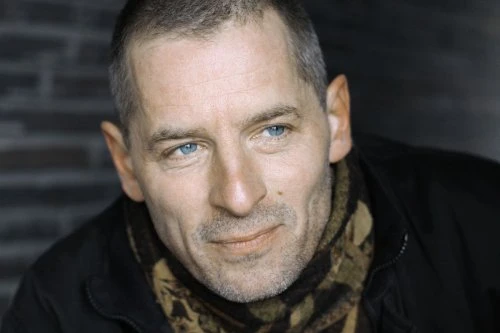
One of the of the great charms of The Killing in retrospect is that it was most international viewer's first introduction to an informal Danish repertory of thespians who have since become very familiar to them. As a small nation, Denmark has a limited number of actors, who therefore keep turning up in different projects, but it is fair to say that the Danish talent pool is a lot deeper than it is wide.
Among those who stand out most are Lars Mikkelsen, brother of Bond villain Mads, as an ambitious mayoral candidate, and Bjarne Henriksen as the father of a murdered girl, both in the first season. The most memorable character in the second season is a naive Minister of Justice played by Nicolas Bro who becomes a tragic anti-hero when forced to choose between integrity and political expediency.
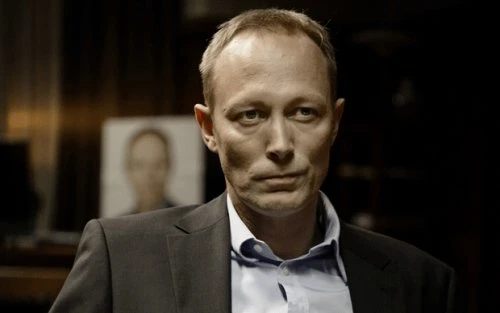
Yet the standard of acting and writing is so consistently high that it is perhaps unfair to pick out individual people and moments. The camerawork also deserves mention as being true to the traditions of both 'film noir' and Scandinavian cinema. It established a style of photography of urban landscapes at night that has been much imitated by most of the Continental police dramas that have followed.
Last and least on its list of influences on contemporary culture, The Killing established a fashion for thick Faroe Isle sweaters of the sort worn, negligently, by our heroine, which became known as "Sarah Lund jumpers" If that particular cultural contribution was fleeting - as all fashions are, by definition - the others remain important to this day.
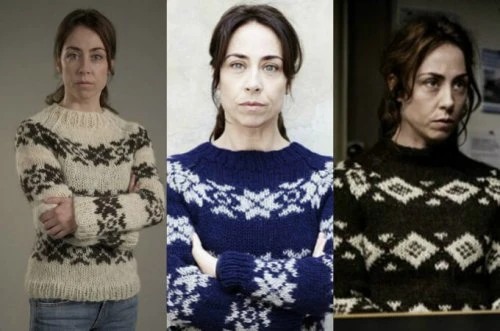
The final acknowledgement of its importance is that it went full circle, in that the Americans were so impressed that they bought the rights and remade it in America - and, in that remake, managed to leave out almost everything that made the original Danish version so compelling.
About the reviewer: John Winterson Richards
An experienced freelance writer as well as a consultant, John Winterson Richards has been commissioned and paid to write over 500 articles in print and online. He was a regular guest on the Mind Your Own Business podcasts and a major contributor to that website's blog.
John is the author of 'The Xenophobe's Guide to the Welsh' and the 'Bluffer's Guide to Small Business.' Under the name Charles Cromwell, John is the author of three novels, 'Young Herod,' 'Seven Days in Jerusalem,' and 'Leonardo Investigates: Death in Pisa.' All can be downloaded from Amazon.
He is also the co-writer, with Andrew Harman, past Head of History at Filton High School, of 'The Context of Christ: the History and Politics of Judea and Rome, 100 BC - 33AD', also available on Amazon Kindle.
Seen this show? How do you rate it?
Seen this show? How do you rate it?
Published on December 26th, 2019. Written by John Winterson Richards for Television Heaven.


